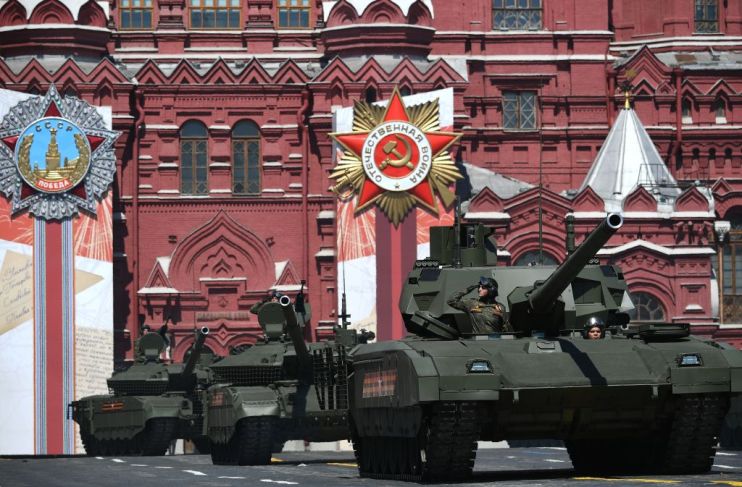Russia report: What were the key findings?

A long-awited and long-delayed parliamentary report into Russia’s interference in UK politics was finally released today by Westminster’s Intelligence and Security Committee (ISC).
The report was presented at a press conference by new committee chair, and now independent MP, Julian Lewis, Labour MP Kevan Jones and SNP MP Stewart Hosie.
While the report did not find any clear evidence of Russia interfering in any UK referendums or elections, the committee still concluded that Russian interference in British politics is the “new normal”.
Russia report: Government did not assess the threat for Brexit referendum
The Russia report concluded that there could have been attempts by the Kremlin to influence the 2016 Brexit referendum and 2014 Scottish independence referendum, but that the “actual impact of such attempts on the result itself would be difficult” to ascertain.
Jones said at the press briefing that the committee was not able to get evidence of Russian interference in the referendums, because the government “did not look for it”.
The Russia report said the government “was slow to recognise the existence of the threat” and “the government did not take action to protect the UK’s process in 2016” before the EU referendum.
The committee said the government should have made an assessment of potential threats after seeing 2014 cyber attacks on the Democratic party in the US.
“The outrage isn’t that there was interference,” Jones said.
“The outrage is that no-one wanted to know if there was interference. What we do know about Russian influence in the UK, is that it is the new normal.”
‘Illicit finance’ laundered in ‘Londongrad’
The ISC believes that London – which the report says is also known as “Londongrad” in some circles – has become awash with illegal money from Russian actors, with many having close ties to the Kremlin.
Successive governments “welcomed the oligarchs and their money with open arms, the report said. It provided them with a means of recycling illicit finance through the London ‘laundromat’” and “connections at the highest levels with access to UK companies and political figures”.
The Russia report said that the UK harboured many “Russians with very close links to Putin who are well integrated into the UK business, political and social scene”.
It added: “It is not just the oligarchs either – the arrival of Russian money has resulted in a growth industry of ‘enablers’: lawyers, accountants and estate agents have all played a role, wittingly or unwittingly, and formed a ‘buffer’ of Westerners who are de facto agents of the Russian state.”
Calls for a legislative clampdown on foreign espionage
The ISC also called for new legislation to protect the UK against “Russian hostile state activity”.
The report said that legislation against foreign spies is “weak”, with former Mi5 chief Sir Alex Parker saying that foreign spies can only be investigated if they commit an “obvious criminal offence”.
Parker said the Official Secrets Acts were “out of date” and that a new espionage act is needed to “tighten up on the powers that have become, you know, dusty and largely ineffective since the days of the Official Secrets Act, half of which was drafted for First World War days”.
He added: “We are left with something which makes it very hard these days to deal with some of the situations we are talking about today in the realm of the economic sphere, cyber, things that could be, you know, more to do with influence.”